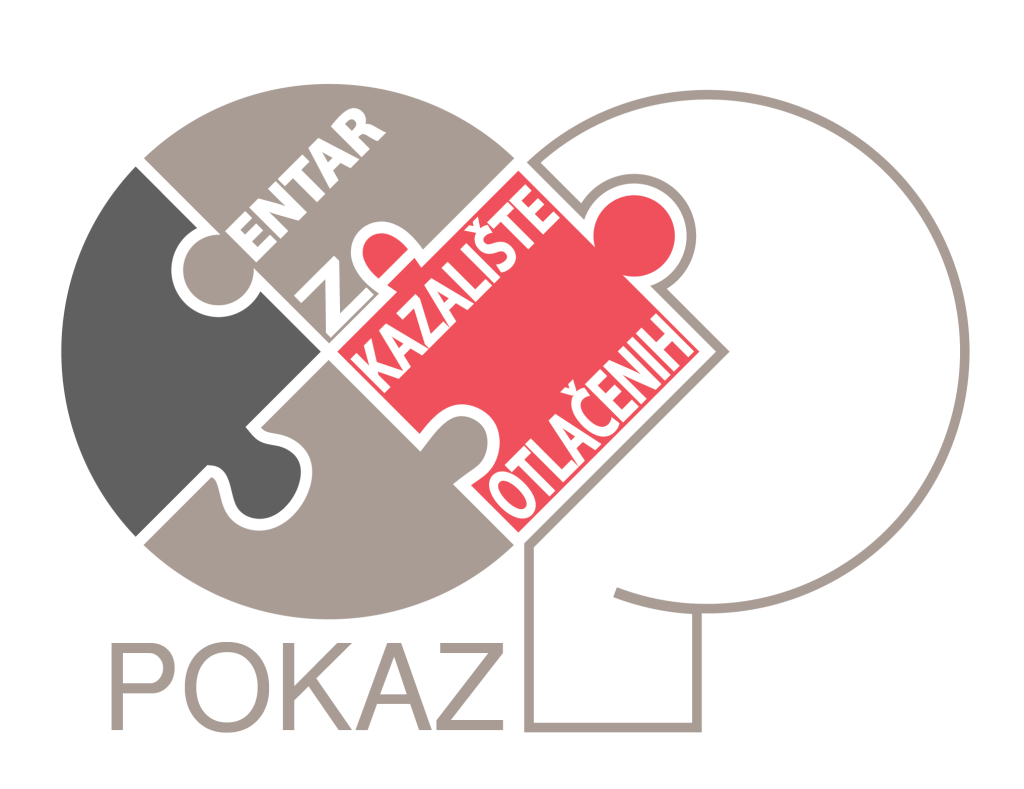Community Organising For All
A transnational research and training initiative to develop inclusive approaches to Community Organising.

Case Studies of Legislative Theatre Projects
This collection of case studies highlights how legislative theatre has been used across Europe and the USA to drive meaningful policy change.


Newspaper Theatre Techniques
Watch our video explainers to learn and apply theatre techniques for critically analysing media content.

Participatory Video
A guide to participatory video-making with examples and useful tips. Learn how participatory video can be used as an organising tool to challenge dominant discourses and communicate your message.

Multilingual Facilitation Tools
A collection of tools for community organisers, community leaders and adult educators to facilitate connection, participation and critical exchange in multilingual groups.

The COFA Podcast
The COFA podcast is a series exploring community organising with migrants across four European countries: UK, Italy, Croatia and Slovenia. Episode 1 addresses the question: ‘What is community organising?’
Episodes 2-5 feature local community organisers in four European countries discussing their experiences, challenges and triumphs. Listen to learn more about migrant communities organising in Europe.
The COFA Article
Robin Sivapalan (English for Action/Utopia Workshops, UK) and Cyrille Cartier (Pokaz/Living Atelier DK, Croatia) authored our second project result. In it, they provide an overview of community organising and salient themes identified by COFA project partners. This includes an introduction to the model of community organising popularised by Saul Alinsky, still influential in the US and UK today.
The article then sets out some of the themes that COFA project organisers and adult educators are grappling with in their own contexts: power, leadership, hierarchy, care and sustainability.
Events
Join our next event:
Multilingual Community Organising Training
Venue: Waterloo Action Centre, 14 Baylis Road, London SE1 7AA
Date & Time: Saturday 29th June, 10 am – 1 pm
About the project
Community Organising For All (COFA) is a project run by four European organisations – Giolli cooperative (Italy); Zavod BOB (Slovenia); POKAZ Centar za kazaliste potlacenih (Croatia); and English For Action (UK). It is funded by the European Union’s Erasmus+ Programme.
The COFA project arose due to the growing relevance of Community Organising as a response to anti-migrant politics across Europe. The rise of hostile immigration policies poses an existential threat to minority groups and exacerbates inequalities, forcing reactions from those most impacted. These groups are not mutually exclusive as many individuals suffer intersectional threats. Migrants and refugees suffer disproportionately from these two interrelated threats: racism and inequality.
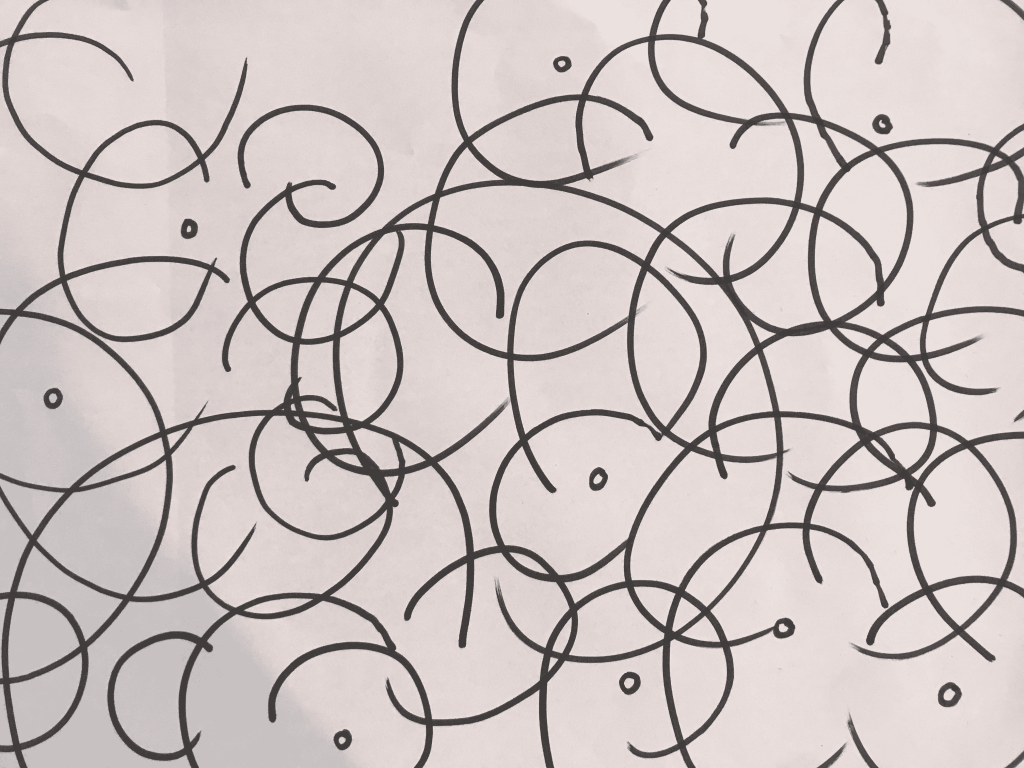
Community Organising
The fields of adult education and Community Organising offer many opportunities for resistance but also suffer from some blind spots. The first problem relates to attitude. Adult educators and organisers often communicate to convince people of their views instead of genuinely listening to and working with migrants. This paternalistic attitude can push people away or fail to genuinely empower them.
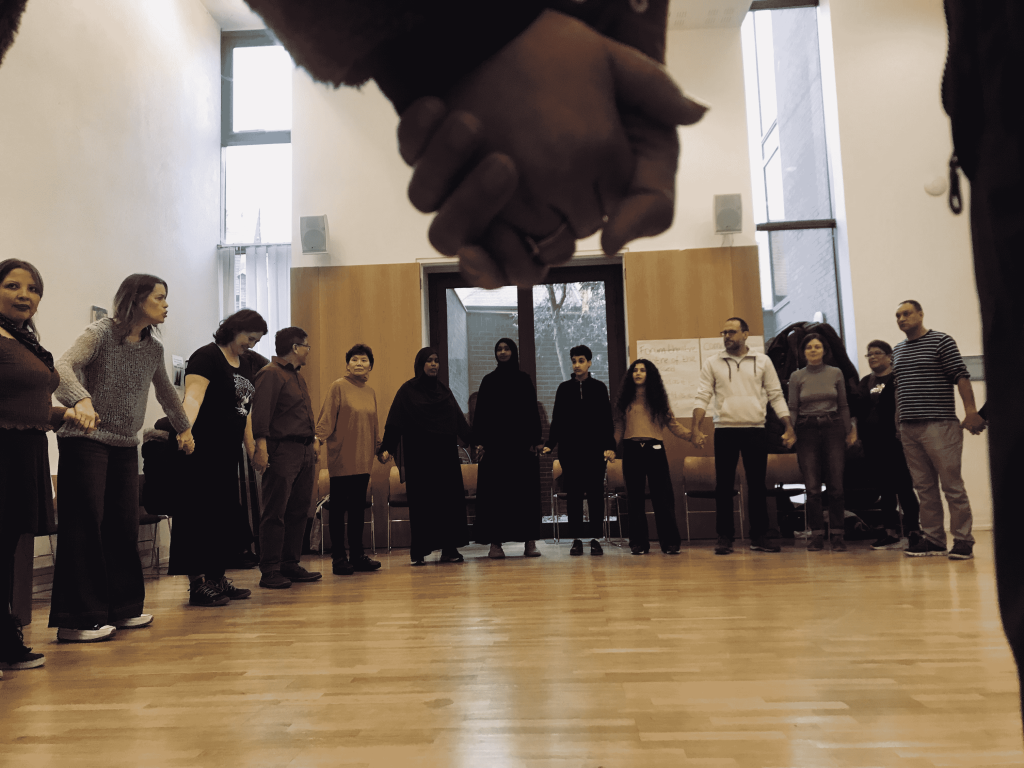
Skills & Tools
The second blind spot relates to skills and tools. Adult educators and community organisers often fail to engage migrants and refugees because they do not have the necessary skills to listen carefully, nor to design and facilitate meetings and actions that are accessible and socially and culturally appropriate to the people they are organising with.

Fields of Action
The project explores and connects Community Organising with other approaches, namely Theatre of the Oppressed, Participatory Pedagogy and Participatory Video. Thanks to the exchange between our partner organisations, we’ll develop new tools for adult educators, community organisers and migrant community leaders. We’ll do this with the aim of expanding our fields of action, building more inclusive spaces and societies, and addressing our blind spots.
Project Results
By the project’s end, we’ll create five “project results” that will allow adult educators to better understand community organising. They will support educators to reflect on barriers faced by migrants and to implement changes to their practice. This will have a transformational impact on adult education and its ability to engage a diverse range of communities. These five project results – which we’ll publish on this website – are:
- a podcast and an article about Community Organising;
- an educational website (actually, this one!) based on multilingualism, multilingual citizenship, translanguaging, codeswitching, and participatory pedagogy;
- a multi-media toolkit about Newspaper-Theatre;
- a collection of best-practices in Legislative-Theatre with comparative analysis; and
- a guide to help create Participatory Video


Giolli
Giolli Social Cooperative was founded in Parma in 2008, based on the experience gained by the Giolli association in its 22 years of activity. It uses Boal’s Theatre of the Oppressed methods, together with Paulo Freire’s conscientization pedagogy, the Community Development Approach, and Active Nonviolence, as means to help the self-liberation of groups and people.
Its mission is to help individuals and communities to address and solve their oppressions through dialogue based on mutual respect and human rights.
EFA London
English for Action (EFA), founded in 2009, is a charity providing participatory, action-orientated ESOL (English for Speakers of Other Languages) classes for adult migrants in London, UK.
Paulo Freire’s critical and participatory pedagogy drives our approach. We develop our curriculums together with students based on the issues they bring to class. Teachers and students share knowledge and skills, and real problems are interrogated so as to be addressed through collective action inside and outside the classroom. EFA is committed to building strong learning communities and organising for change on the issues that emerge within them.
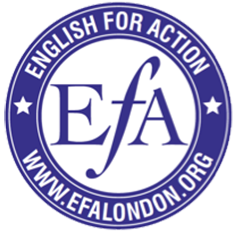

Zavod Bob
Zavod Bob, founded in 2007 is an NGO predominantly active in the youth sector field . Its mission is to give a voice to those who are not being heard. Zavod Bob’s main activities include non-formal education, youth work, career development, street work, active citizenship and training. Its specific areas of expertise including social care, media, culture, and art.
The main target groups are youth and young adults with a focus on those at risk. It is collaborating within and across sectors and is included in different networks. It is the coordinator of Network of street-based youth workers (Mreža mlada ulica). Zavod Bob is alsos a member of Network of youth centres of Ljubljana Municipality (Mreža mladinskih centrov MOL) and Career development network (Mladinska mreža za karierni razvoj – KROJ), as well as a representative for Slovenia in a global network for street workers (Dynamo International).
POKAZ
The Center for the Theater of the Oppressed POKAZ is a centre for investigation, experimentation and dissemination of the methodology of the theatre of the oppressed and the pedagogy of the oppressed with the aim of creating a just society without oppression. Activities are divided into 3 main areas:
1) Practice in education: direct work with school children, training of teachers, educational workers and persons in auxiliary professions.
2) Using TO as an activist tool: cooperation with different organisations and collectives
3) Dissemination and development of TO methodologies.
